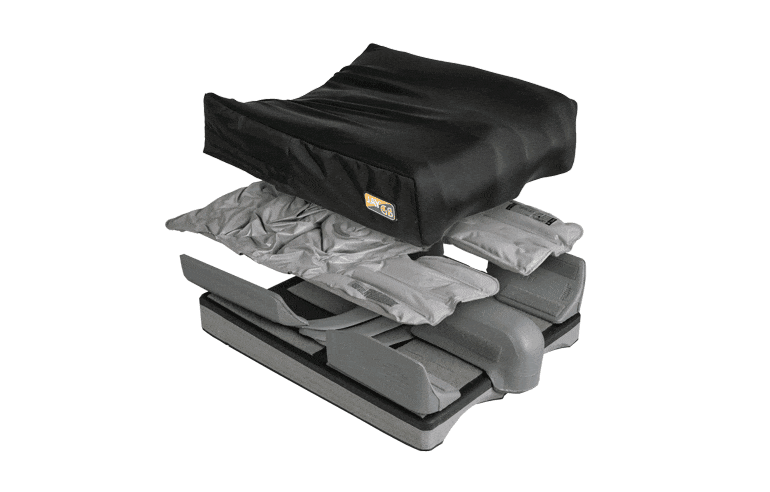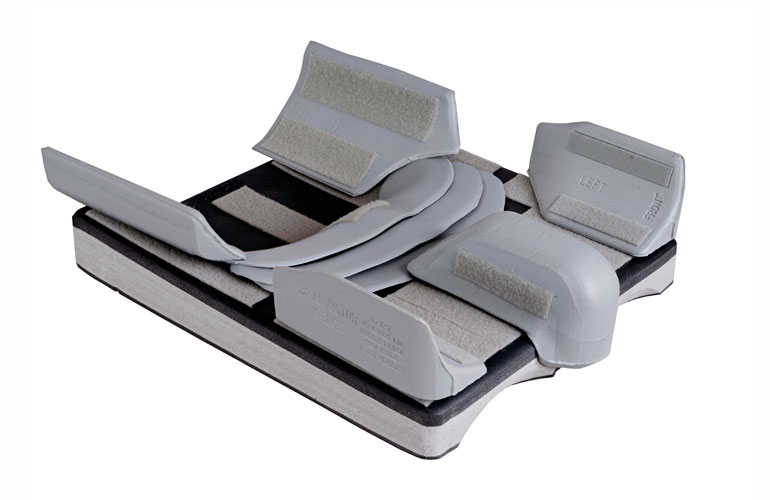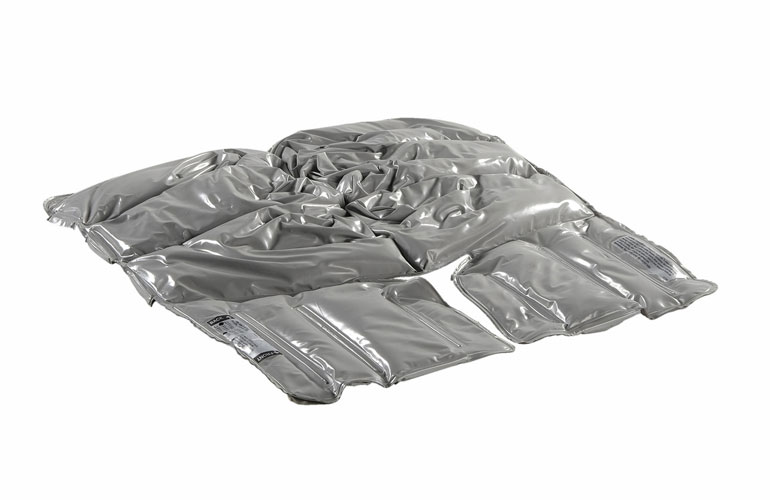Dela:
Take it offline!
This Education in Motion resource is also available as a printable PDF.
Ladda ner PDF
The saying “time flies when you’re having fun” could not have been more accurate to describe the 12 years I spent working at the HSC Pediatric Center (HSC) in Washington, D.C. Just recently while out to dinner with a few of my former colleagues from HSC I mentioned that I had run into one of our former clients at an adult outpatient rehabilitation clinic. At that moment all of us wondered…how could it be that the little guy who we had helped teach to drive a tiny power wheelchair, was now an adult?!
A little-known secret about why pediatric therapists like working with children so much is because we get to continue to play on a daily basis and get paid for it. However, in an instant you can go from feeling like Peter Pan to realizing just how old you really are when a former client comes back into clinic to have his or her chair adjusted or replaced to meet growth needs.
In the world of pediatric wheelchairs, manufacturers have focused on developing methods for building growth into wheelchair frames for years. The primary reason is to make the wheelchair last as many years as possible while continuing to properly fit the child. Even though a wheelchair frame may have 2 to 3 inches of growth built-in to account for potential growth, accommodating growth in the wheelchair cushion may pose a problem.

The JAY GS (Growth System) has been a fantastic option for solving the wheelchair cushion growth conundrum for years, and just recently the JAY GS was updated to better meet the needs of users. Let’s take a few moments to review the JAY GS:
Foam Base
The base is created out of durable closed cell foam that is easily customizable when ordered or modified in the field. In addition the base comes standard with contractor cuts to protect the lower extremities.
Shelf Extensions
The large well is designed to allow the client to sit at the front of the cushion initially. As the client’s lower extremities grow, shelf extensions can be added to account for the increased length of the client’s legs.
Positioning Components

In order to assist a client with achieving optimum seating posture, additional positioning components including lateral pelvic supports, lateral thigh supports, and medial thigh supports can be added or removed as needed.
Fluid Insert

The JAY GS features a pressure relieving pad made of JAY Flow™ Fluid that covers the entire cushion to help with pressure management.
Always remember at the end of the day, your client is your number one priority!